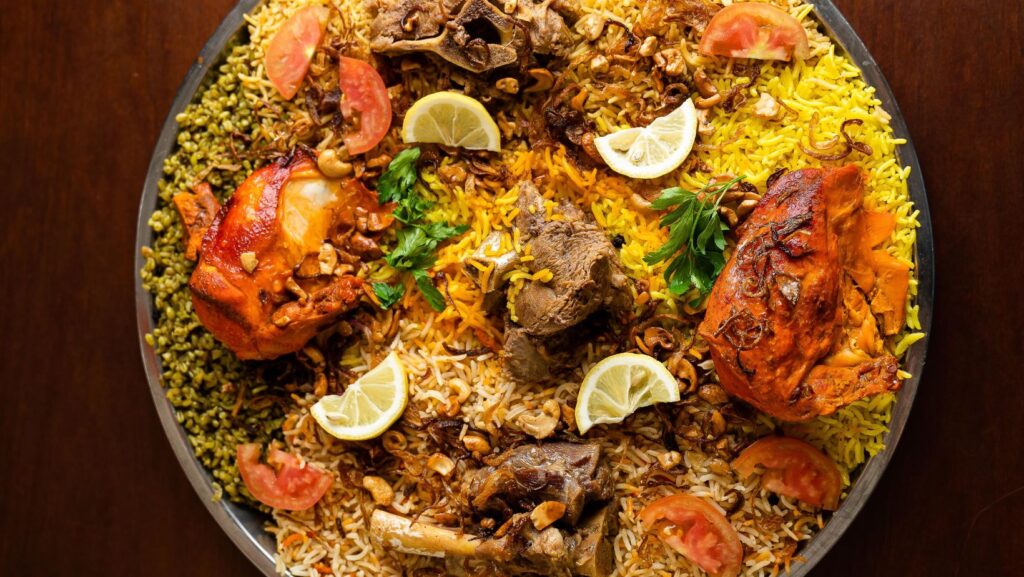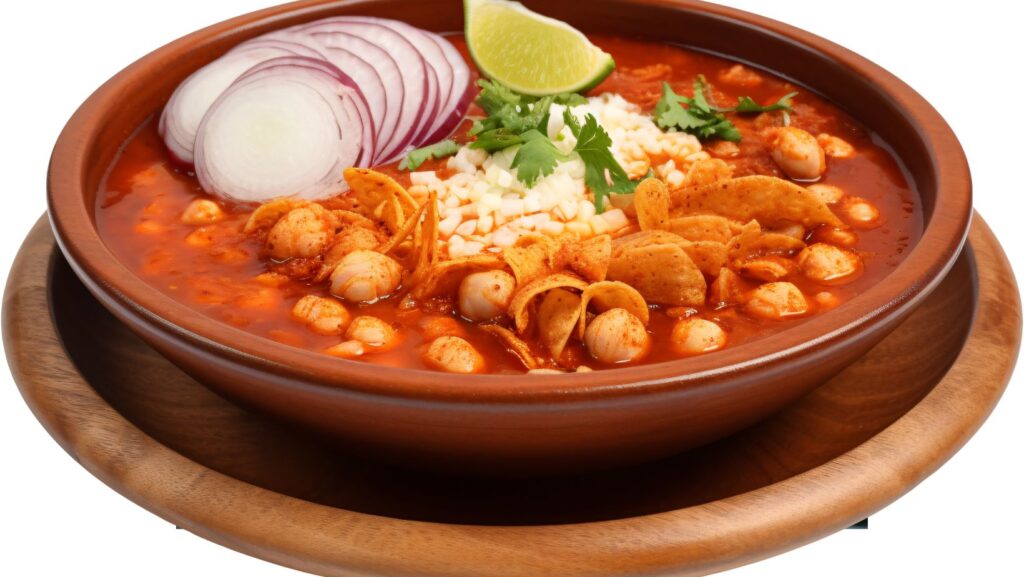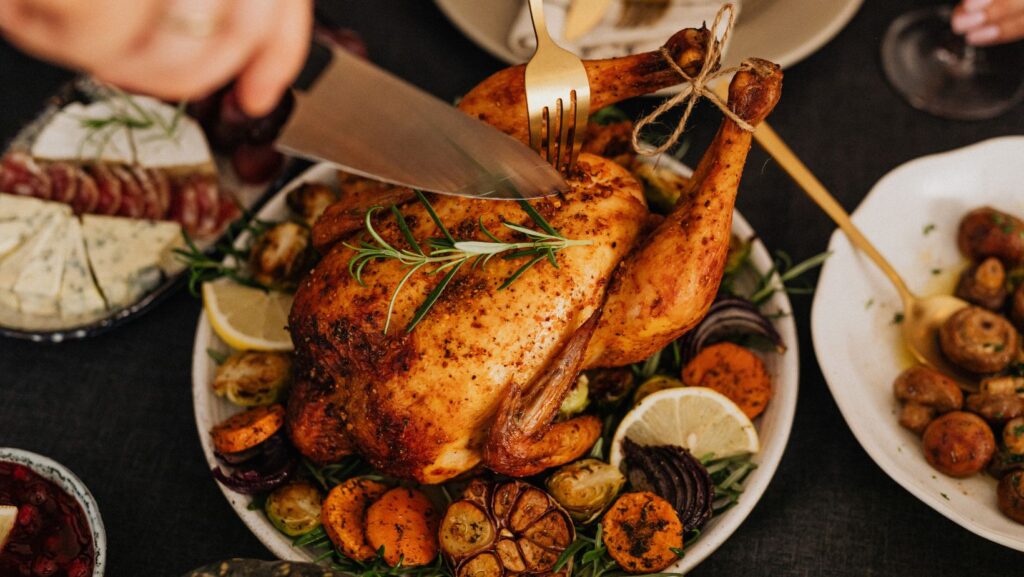Oldest Food in the World
As I delve into the fascinating topic of the oldest food in the world, my curiosity is piqued by the rich history and cultural significance that certain foods hold. Exploring ancient culinary practices allows us to connect with our ancestors on a primal level, understanding how they nourished themselves and celebrated through food.

One cannot help but wonder about the origins of oldest food in the world and how it has evolved over centuries to become what we consume today. From ancient grains cultivated by early civilizations to preserved delicacies that stood the test of time, each bite we take carries a legacy of traditions passed down through generations.
Unearthing the secrets of ancient cuisine not only sheds light on human ingenuity but also offers a glimpse into our ancestors’ daily lives. As I embark on this journey through culinary history, I am filled with awe at the resilience and resourcefulness displayed by those who came before us, shaping our modern eating habits in ways we may not even realize oldest food in the world.
Unearthing the Oldest Foods in History
As I delve into the fascinating realm of ancient gastronomy, it’s intriguing to uncover some of the OLDEST FOODS consumed by our ancestors. These culinary treasures offer a glimpse into the diets and lifestyles of early civilizations, showcasing their resourcefulness and culinary ingenuity.
Exploring archaeological sites worldwide reveals a rich tapestry of preserved ancient foods that have withstood the test of time. From remnants of Mesopotamian flatbreads dating back over 14,000 years to Egyptian honey still found in pharaohs’ tombs, these edible artifacts provide valuable insights into early food preservation techniques and cultural eating habits.

One remarkable discovery is the fermented beverage known as Chicha, brewed by indigenous Andean communities for millennia. This maize-based drink highlights how ancient societies harnessed natural fermentation processes to create flavorful beverages long before modern brewing methods existed.
In addition to food items themselves, analysis of ancient cooking utensils such as pottery shards can unveil clues about meal preparation methods and ingredient combinations used by our predecessors. By studying these artifacts, researchers can piece together a more nuanced understanding of ancient culinary practices and how they have influenced contemporary cuisines around the globe.
Delving deeper into history’s pantry not only enriches our knowledge of past civilizations but also underscores the enduring significance of food as a cultural touchstone connecting us to our ancestors. The quest to unearth these oldest foods serves as a tribute to human creativity and adaptability throughout millennia, reminding us that what we eat today carries echoes of flavors enjoyed by generations long gone.
Culinary Journeys Through Time
Embarking on a journey through the annals of culinary history unveils a fascinating tapestry of flavors and traditions that have evolved over centuries. From ancient civilizations to modern gastronomy, food has been an integral part of human existence, reflecting cultural practices, societal norms, and technological advancements, including the use of QR codes for accessing recipes and nutritional information.
Ancient Origins:
- Mesopotamia: Considered one of the cradles of civilization, Mesopotamia introduced early forms of agriculture around 10,000 BCE. Grains such as barley and wheat were cultivated, marking the beginnings of organized food production.
- Egypt: The ancient Egyptians are renowned for their sophisticated culinary practices dating back to 3150 BCE. Hieroglyphics depict elaborate feasts with offerings to the gods and intricate bread-making techniques.

Classical Era:
- Greece: Greek cuisine in antiquity focused on simplicity and balance. Olive oil, grains, wine, and fresh produce formed the foundation of their diet. Philosophers like Pythagoras promoted vegetarianism for ethical reasons.
- Rome: Roman gastronomy was influenced by conquests that brought new ingredients like spices from distant lands. Apicius’ cookbook “De Re Coquinaria” showcases extravagant dishes prepared during lavish banquets.
Medieval Times:
- Middle Ages: Food in medieval Europe varied based on social class. Nobility indulged in elaborate feasts featuring roasted meats and spiced delicacies, while peasants subsisted mainly on grains and vegetables.
As we delve deeper into the historical corridors of culinary evolution, each era reveals unique customs and recipes that have shaped our modern-day dining experiences. Exploring these ancestral roots provides a profound appreciation for the diverse flavors that continue to enrich our palates today.

